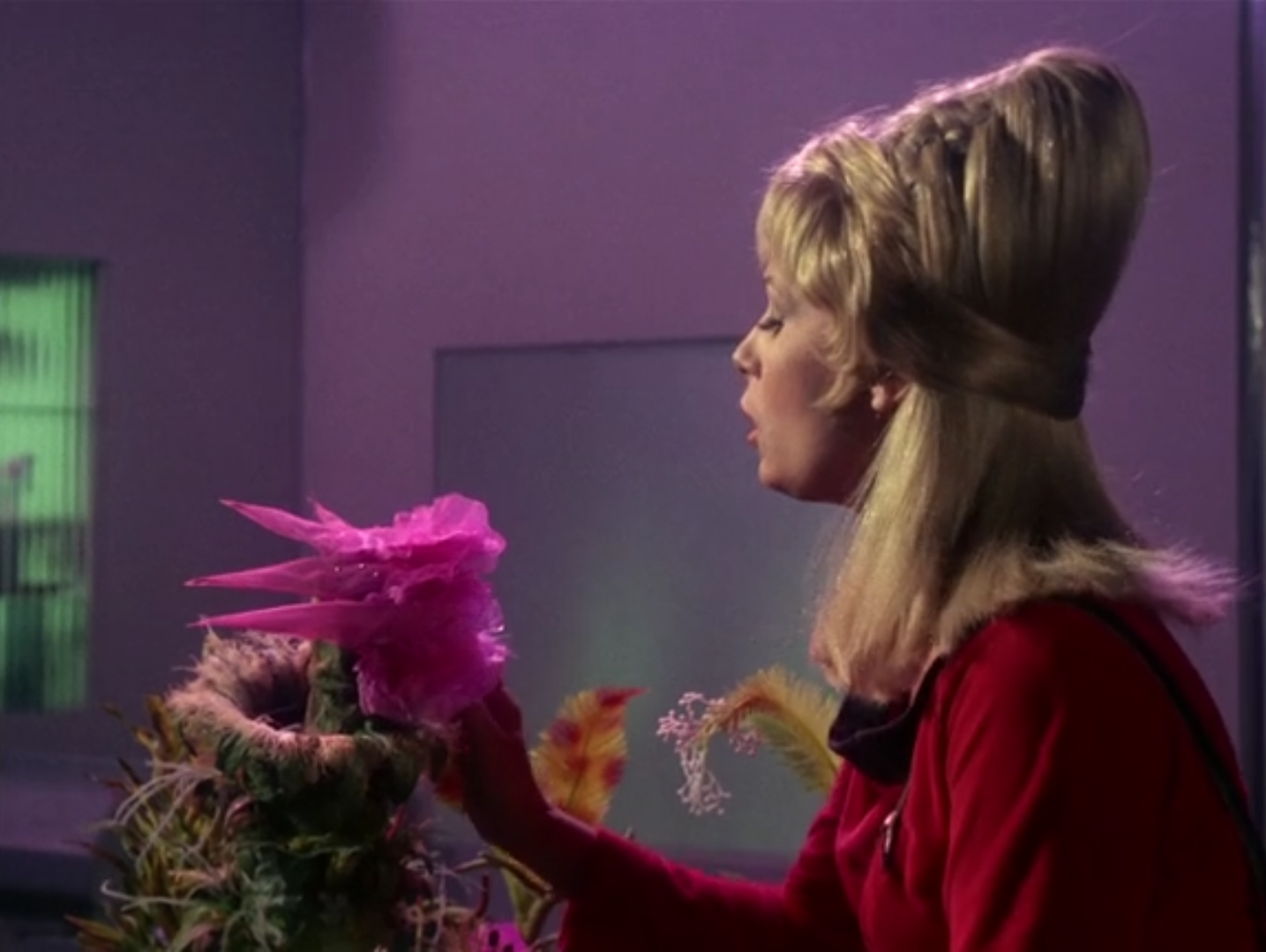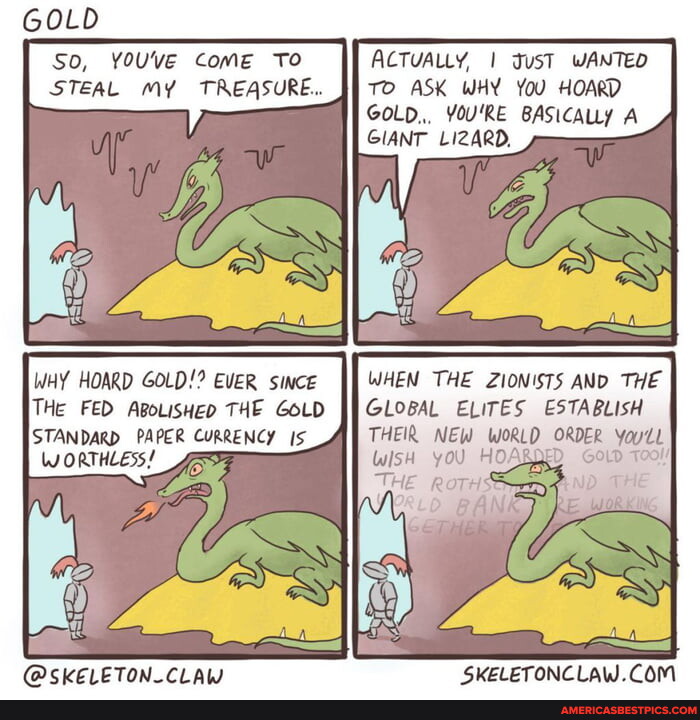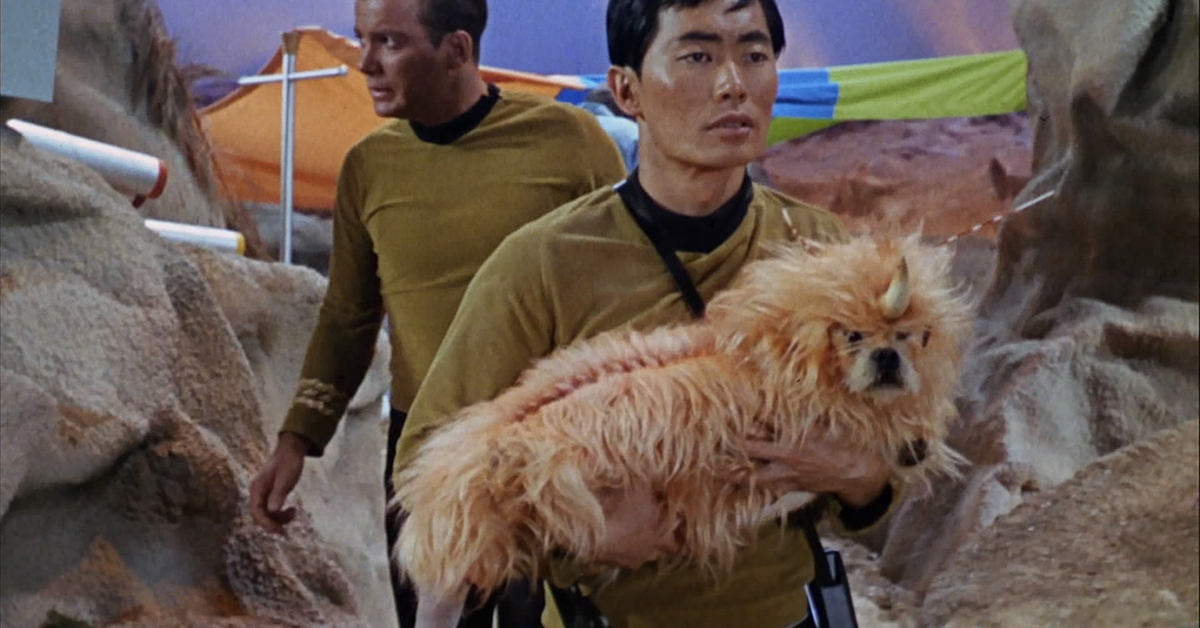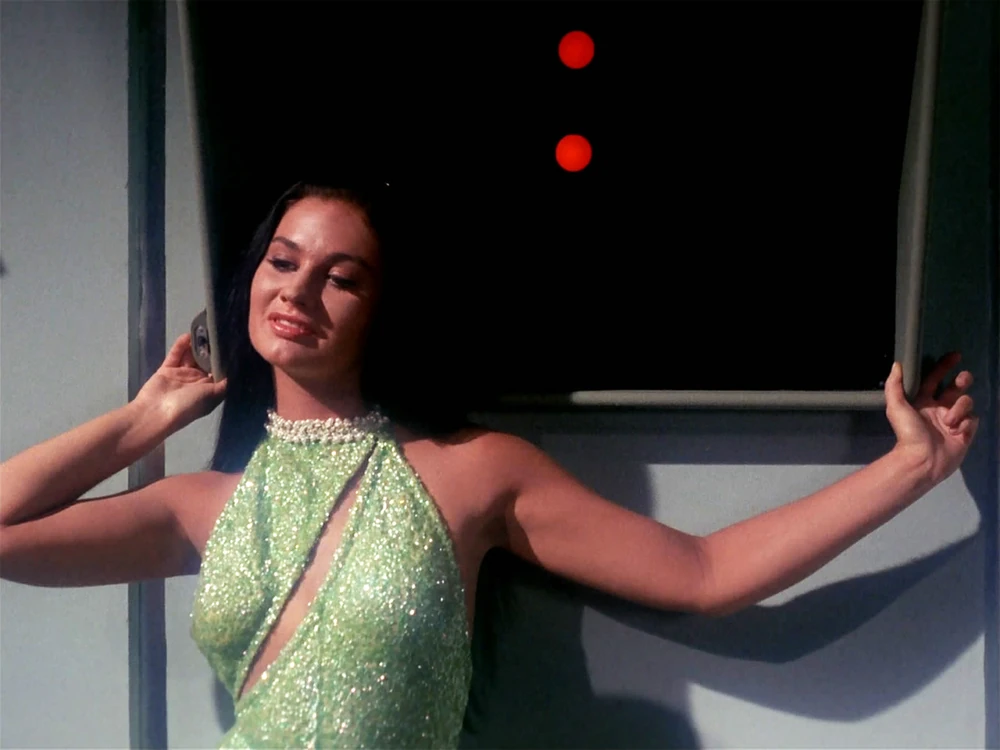The first monster of the week, but as for the screenshot... Sulu lunches in the botany lab, where he has this plant that was probably once owned by Morticia Addams. I just thought it was cute, having a flower that's really obviously a hand puppet.
Also, "The Man Trap" was the first episode by air date.
Synopsis
The Enterprise stops at a desert planet to give an annual physical to Professor and Mrs Crater, who've been alone and doing an archaeological dig for several years. Initially, everyone sees a different woman when they look at Nancy Crater. Not long after, the extra they brought along so someone could die turns up dead.
Cause of death: total salt depletion. Spock does a search of internet message board arguments but finds nothing.
I'll cut to the chase on this, since the mystery isn't very interesting. There's a telepathic, shapeshifting, sentient alien that feeds on salt. It killed Nancy a year or two prior, but Bob Crater couldn't bring himself to kill it. Instead, he allowed the creature to masquerade as his wife.
After the third murder, the creature imitates a crewman and gets transported up to the Enterprise. They bring Bob up to the ship and have The Debate: Bob says that the creature is intelligent but the last of its kind, comparing it to the American bison; Kirk says that the difference between the creature and the bison is that it's been committing murder.
The creature kills Bob, then flees to McCoy's quarters. Nancy and McCoy were former lovers, and McCoy still holds out a candle. McCoy popped a bunch of benzos earlier and has been asleep most of the episode, so being out of the loop he defends "Nancy" from Kirk. It attacks Kirk, and McCoy is forced to kill it.
Commentary
This is a surprisingly messy episode if you stop and think about it. Bob's arguments for saving the creature boil down to, it's intelligent and just trying to survive. You can't really argue that it just doesn't understand humans, since it's been living with Bob for at least a year. Also, it's telepathic.
It feels like a TNG version of this episode would have the creature be a bit more sensible, and Picard would've bullied Bob into telling them what's really going on, and then they would've supplied the creature with all the salt it could need.
Indeed, this is more or less the plot of "Home Soil" (TNG 1x18).
Kirk probably would've done the same, but the creature went straight for predation rather than telling anyone what it was and what it needed. So how intelligent is it, really?
The standard view in wildlife control is that, if a dangerous animal becomes accustomed to humans, even a relatively sophisticated animal like a black bear, it has to be put down. This is basically how the episode plays out, so any possibility of moral complexity goes out the window and it reverts back to being a monster of the week.






This is proof of one thing: that our brains are nothing like digital computers as laid out by Turing and Church.
What I mean about compilers is, compiler optimizations are only valid if a particular bit of code rewriting does exactly the same thing under all conditions as what the human wrote. This is chiefly only possible if the code in question doesn't include any branches (if, loops, function calls). A section of code with no branches is called a basic block. Rust is special because it harshly constrains the kinds of programs you can write: another consequence of the halting problem is that, in general, you can't track pointer aliasing outside a basic block, but the Rust program constraints do make this possible. It just foists the intellectual load onto the programmer. This is also why Rust is far and away my favorite language; I respect the boldness of this play, and the benefits far outweigh the drawbacks.
To me, general AI means a computer program having at least the same capabilities as a human. You can go further down this rabbit hole and read about the question that spawned the halting problem, called the entscheidungsproblem (decision problem) to see that AI is actually more impossible than I let on.